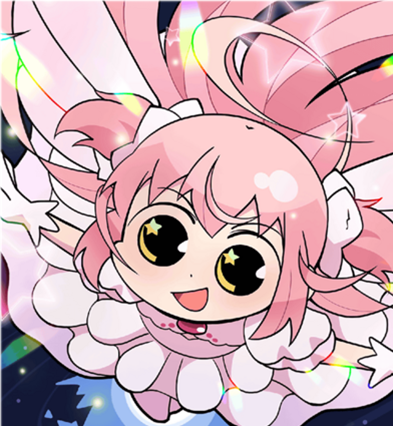目前共有11篇帖子。
目前共有11篇帖子。
 |
The original link: https://www.thefreedictionary.com/Modal-Auxiliary-Verbs-Would.htm#Definition

|
 |
Definition
The modal auxiliary verb would has a variety of functions and uses. It is used in place of will for things that happened or began in the past, and, like shall, it is sometimes used in place of will to create more formal or polite sentences. It is also used to express requests and preferences, to describe hypothetical situations, and to politely offer or ask for advice or an opinion. 
|
 |
Creating the future tense in the past
When a sentence expresses a future possibility, expectation, intention, or inevitability that began in the past, we use would instead of will. For example: “I thought he would be here by now.”“She knew they wouldn’t make it to the show in time.” “I thought John would be mowing lawn by this point.” 
|
 |
Past ability and willingness
We also use would for certain expressions of a person or thing’s ability or willingness to do something in the past, though they are usually negative. For example: “This darn washing machine wouldn’t turn on this morning.”“Mary wouldn’t come out of her room all weekend.” 
|
 |
Likelihood and certainty
Like we saw with will, we can also use would to express the likelihood or certainty that something was the case in the immediate past. For instance: Speaker A: “There was a man here just now asking about renting the spare room.”Speaker B: “That would be Kenneth. He just moved here from Iowa.” 
|
 |
Polite requests
We can use would in the same way as will to form requests, except that would adds a level of politeness to the question, as in: “Would you please take out the garbage for me?”“Would John mind helping me clean out the garage?” 
gingerbeer:That might be the most often used.
gingerbeer:回复 @gingerbeer:especially in social circumstances.
[查看詳情]
|
 |
Expressing desires
We use would with the main verb like to express or inquire about a person’s desire to do something. (We can also use the main verb care for more formal or polite sentences.) For example: “I would like to go to the movies later.”“Where would you like to go for your birthday?” “I would not care to live in a hot climate.” “Would you care to have dinner with me later?” We can use this same construction to express or ask about a desire to have something. If we are using like as the main verb, it can simply be followed by a noun or noun phrase; if we are using care, it must be followed by the preposition for, as in: “Would you like a cup of tea?”“He would like the steak, and I will have the lobster.” “Ask your friends if they would care for some snacks.” 
|
 |
Would that
Would can also be used to introduce a that clause to indicate some hypothetical or hopeful situation that one wishes were true. For example: “Would that we lived near the sea.”Speaker A: “Life would be so much easier if we won the lottery.” This is an example of the subjunctive mood, which is used to express hypotheticals and desires. While we still use would in the subjunctive mood to express preference or create conditional sentences (like Speaker A’s sentence above), today the would that construction is generally only found in very formal, literary, old-fashioned, or highly stylized speech or writing. 
|
 |
Preference
We use would with the adverbs rather and sooner to express or inquire about a person’s preference for something. For instance: “There are a lot of fancy meals on the menu, but I would rather have a hamburger.”“They would sooner go bankrupt than sell the family home.” “Would you rather go biking or go for a hike?” 
|